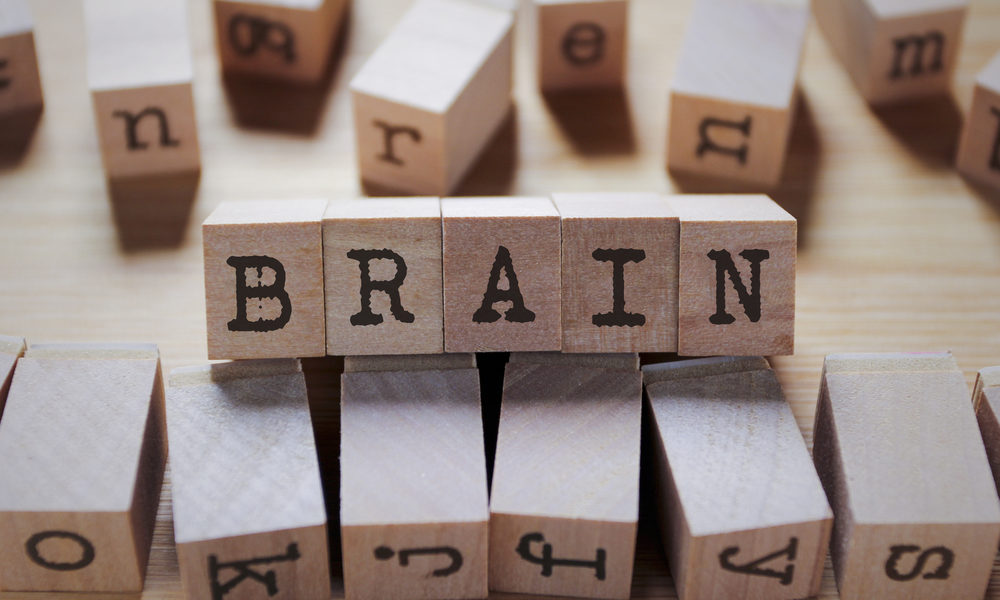
The brain is a very mysterious organ. It regulates and makes a significant impact on all processes in your body. Controlling all processes in your body doesn’t come “cheap.” In fact, your brain can be considered “high maintenance.” If you want your brain to function at an optimal level at all times, you have to ensure certain conditions that support its processes. Throughout this article, you’re going to learn about certain lifestyle habits that can change your brain.
Physical activity
Getting enough exercise isn’t only important for your physical health, but for brain health as well. According to a study published in Neurology and conducted by Joshua Z. Willey and team of scientists of the Columbia University, New York no or low levels of physical activity are associated with worsened executive function, processing speed, semantic memory.
NeuroImage study conducted by scientists at the Boston University Medical Center showed that regardless of gender, young adults who have greater aerobic fitness also have a bigger volume of the entorhinal cortex (responsible for memory). Furthermore, Proceedings of the National Academy of Sciences of the USA study discovered that exercise increased growth factors in the brain thus making it easier for this organ to grow new neuronal connections. Therefore, strive to exercise regularly and remember anything that’s good for your heart is good for your brain as well.
Mental activity
Regular exercise isn’t the only type of business that can alter the brain; mental activity is important as well. In fact, staying mentally active over the course of your lifetime slows down age-related cognitive decline. Doing mind-engaging activities is essential for brain health. For example, Psychological Science study that included 221 adults showed developing and learning new skills is associated with improvements in memory. Experts recommend various brain activities to keep your mind sharp by doing some brain exercise.
Healthy diet
Everything you eat directly impacts your brain, and it comes as no surprise that having a habit of eating healthy foods is beneficial for your mind. For example, BMC Medicine published a study conducted by Felice N. Jacka and the group of researchers at the Deakin University in Australia. The study which included 250 participants showed that unhealthy diet could reduce the volume of the left hippocampus while healthy food choices increase hippocampal volume.
Here are more effects of nutrition on your brain:
Eating processed carbs leads to spike-and-crash of blood sugar while healthy diet leads to more constant source of energy
Dietary sugar disrupts plasticity (the creation of new pathways between brain cells)
Nature Reviews Neuroscience study conducted by researchers at the UCLA showed that Omega 3 fatty acids improve learning and memory and help to fight against various mental and mood disorders.
Intake of vitamins and minerals
Your body needs the variety of vitamins and minerals to function properly, and your brain is no exception. Here are the most important vitamins and minerals you should take to keep your brain sharp and why:
Vitamin C – production of neurotransmitters, improved mood, improved memory, reduced risk for brain degeneration
Vitamin D – improves memory and problem-solving abilities
Vitamins B – B6, B9 (folic acid), and B12 prevent mental decline, dementia, and Alzheimer’s disease
Vitamin E – protects cell membranes and prevents neurodegenerative diseases
Calcium – calcium signaling influences development of neural stem cells thus strengthening connections between neurons
Iron – essential for development of individual brain cells
Zinc – essential for brain metabolism, in fact, zinc deficiency is associated with impaired concentration, learning, and memory
Copper – modulates critical events within the central nervous system that influence how well we think
Because vitamin and mineral deficiencies are quite common, and we rarely consume recommended daily value of these nutrients, dietary supplements for brain health pose as an effective solution.
Coffee
A study published in the Journal of Nutrition states that moderate consumption of coffee is beneficial for brain functioning. Caffeine is a brain stimulant, and it also blocks receptors for a chemical adenosine which usually prevents the release of excitatory brain chemicals. Now when adenosine isn’t blocking their way, these brain chemicals flow freely thus providing you with energy and improving mental performance thus slowing age-related mental decline.
Meditation
Sara Lazar and the team of researchers from the Harvard Medical School conducted a study to inspect the link between meditation and brain functioning. Scientists found that meditating about 27 minutes a day increased gray matter density in the hippocampus and structures associated with compassion, self-awareness, and introspection.
Sleep
Sleep deprivation is related to impaired cognitive abilities, poorer attention, learning, etc. On the other hand, a study published in the journal Science discovered that sleep helps restore the brain by flushing out toxins that build up during the day. Healthy sleep is also essential for storing memories. That’s why it’s important to establish a healthy sleep pattern by going to bed every night at the same time and waking up every morning at the same time as well.
Conclusion
Your lifestyle has a significant impact on your brain and its functioning which is why it’s important to establish healthy habits that promote learning, memory, and cognitive abilities in general. This article showed you seven important practices you should have for brain health, and all you have to do is to incorporate them into your healthy lifestyle.
Video– 4 Simple Exercises to Amp Up Your Brain
Author Bio
Meighan Sembrano is an enthusiast and a passionate writer. She is expertise in Beauty and skin care articles. Se is a contributor to Consumer Health Digest. Also, have contributed in the health and fitness field. Her work gives an enthusiast twist to the readers. She resonates the readers with her sincere and thoughtful words. You can follow Meighan on Twitter and Facebook.


Facebook
Twitter
Pinterest
Instagram
Google+
RSS